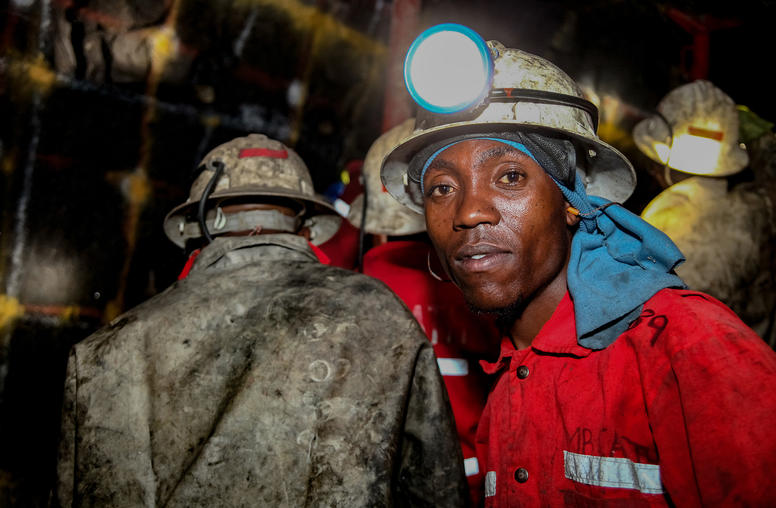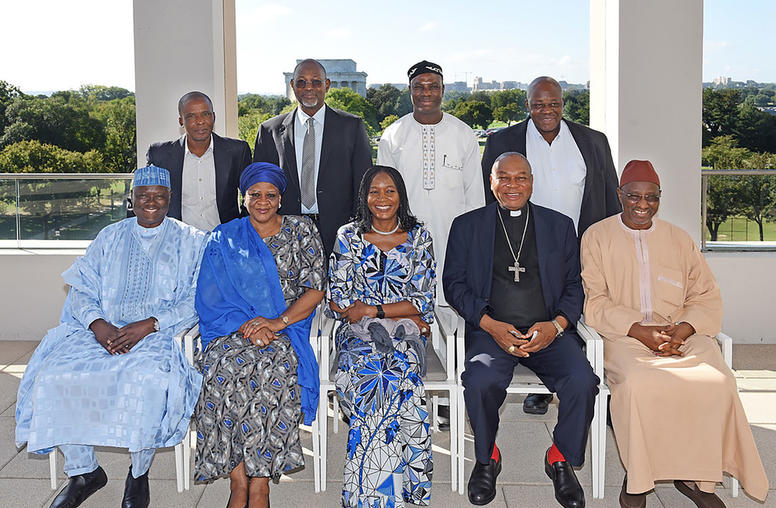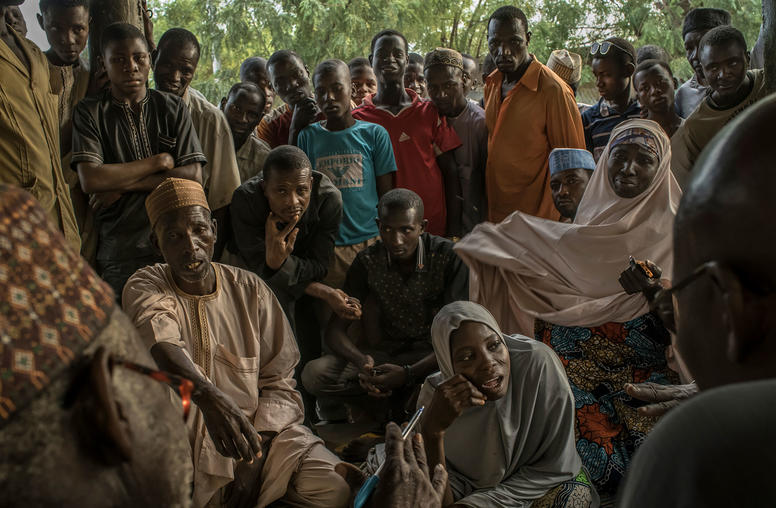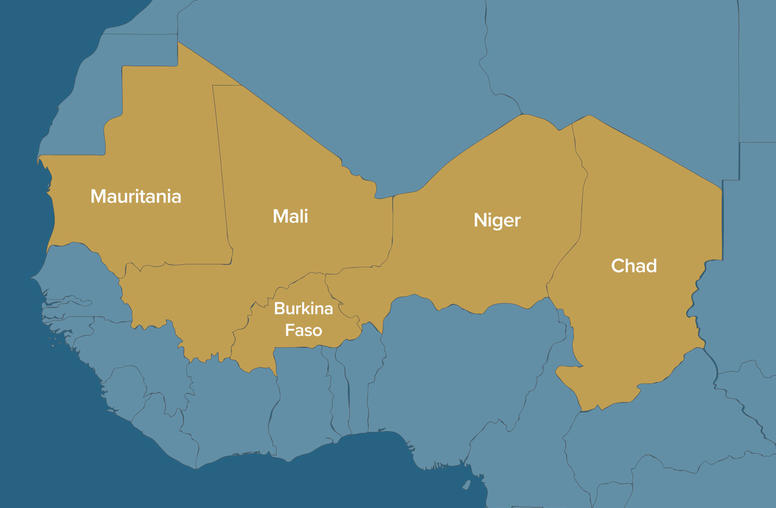Africa Center
The U.S. Institute of Peace established the Africa Center in October 2020 to deepen, elevate, and expand the Institute’s commitment to stem violent conflict in Africa by advancing dialogue and informing policy that is underpinned by evidence, experience, and learning.
Partnerships with African countries offer tremendous possibilities to advance shared values, priorities, and U.S and global security. African citizens consistently express their preference for democratic and accountable governance, and the continent has the fastest growing and youngest population in the world. These realities are driving innovation in technology, health, citizen engagement, and conflict resolution.
And from violent extremism to global health challenges to major power competition, Africa’s future directly impacts our own. Recognizing this interconnectedness, the Africa Center helps advance peace agreements and political processes and seeks to forge a dialogue on genuine partnerships between the United States and African countries to build healthier state-society relationships and inclusive societies.
The Africa Center partners with those working to prevent, mitigate, and resolve conflict by using analysis, training, and in-country programming to achieve sustainable and inclusive peace. Specifically, the Center leads the Institute’s engagement in sub-Saharan Africa:
- In Nigeria, the Africa Center engages in direct action for peace by fostering the development of inclusive, accountable, and effective institutions of governance, security, and conflict resolution through strengthening the state-level peacebuilding architecture, including community peacebuilding.
- Across the Greater Horn of Africa, the Africa Center promotes inclusion through improved communication between government and citizens while building citizen capacity to conduct research, implement programming, and inform inclusive policymaking that prevents and reduces the threat of violence.
- In the Sahel region, the Africa Center empowers its partners to transform ongoing violent conflicts in order to build community resilience and inclusive and responsive institutions.
The Africa Center partners with civic networks and organizations—as well as regional and continental bodies—who are championing the nonviolent resolution of conflicts:
- A partnership with USAID provides support for Afrobarometer’s sustained public opinion research and critical insights on citizen priorities.
- Collaboration with the Institute for Peace and Security Studies, the African Foundation for Peace and Security, the Tana Forum, the World Peace Foundation and other African and U.S. think-tanks informs policies and U.S. - Africa partnerships.
- The Women Preventing Violent Extremism program empowers women-led civil society organizations and builds local capacity that fosters collaboration between community-level activists and national-level policymakers in the Horn and Sahel.
- The Generation Change Fellows Program works to equip young peacebuilders with the skills needed to manage conflict nonviolently.
Across all of its work, the Africa Center examines the impact of regional and global power competition on the continent by supporting informed policies and effective systems for international cooperation. Working in partnership with USIP’s China program, the Africa Center explores opportunities for new multilateral formats to prevent, mitigate, and resolve conflict, including in the Red Sea arena. The Africa Center works closely with USIP’s Middle East and North Africa Center to understand transregional conflict dynamics and connect local peacebuilders to regional efforts.





